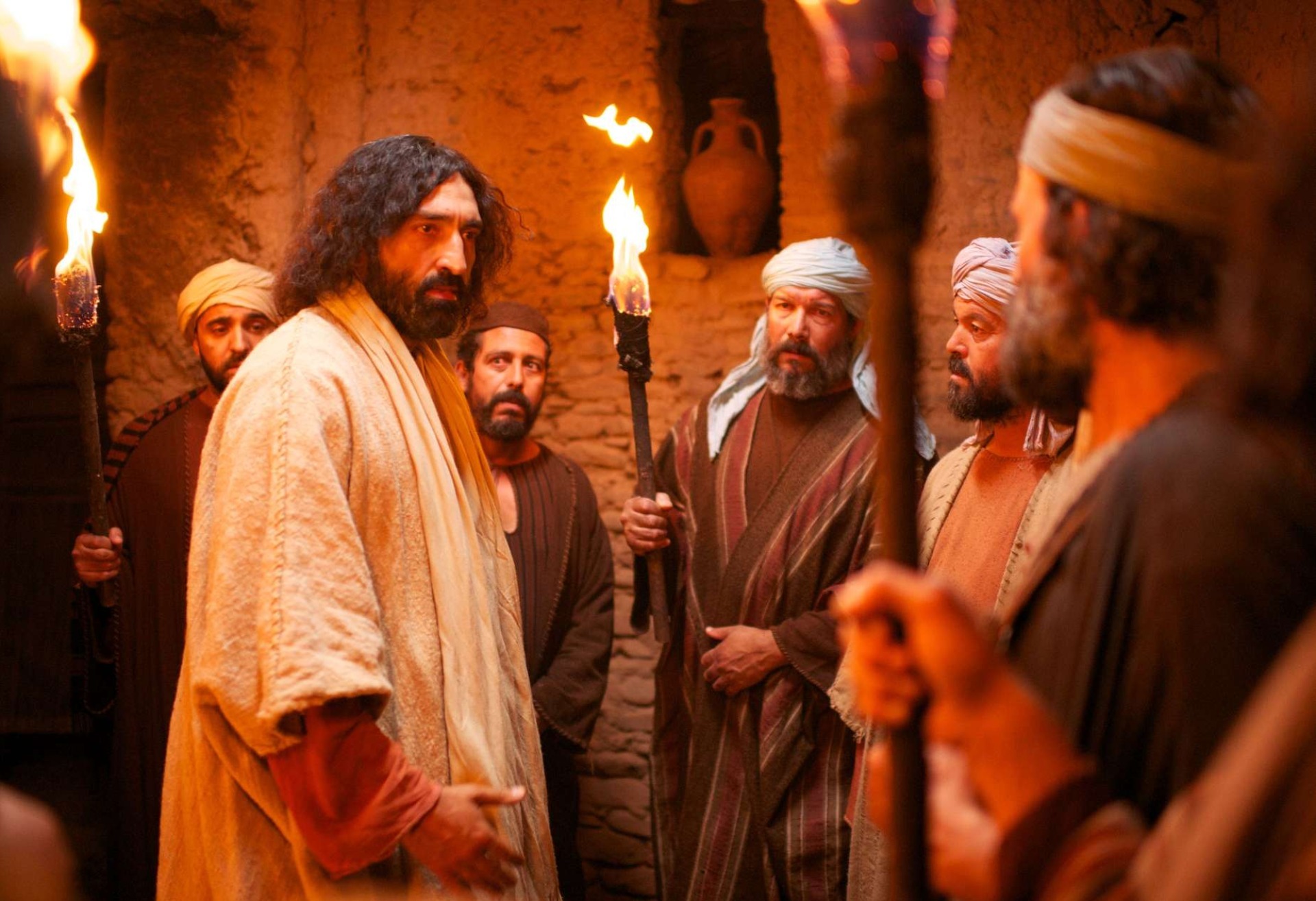
Paul Folland
Jesus in the temple
Jesus drives out those who are selling doves and changing money.
Reading
Matthew 21: 12-17
Thoughts
Jesus had been into the temple on many occasions in his life, and yet this time he takes it upon himself to drive out those who are selling doves and turn over the tables of those changing money.
Why now?
Was Jesus so pumped up having just been welcomed into the city by the crowds that he lost control?
Was he so incensed by people selling animals and exchanging money in the temple that he decided drastic action was required?
The reality was that those changing money and selling animals were providing a service for travellers – it was far more convenient to buy an animal for sacrifice when you arrived at the temple than to bring one with you across the country.
So, what was the problem?
The key sits with the scriptures Matthew states Jesus uses whilst clearing the temple – the point of which would not have been missed on those listening at the time.
One is from Jeremiah 7:11 when describing the treatment of the temple as a ‘den of robbers’.
This was not to do with exploitative exchange rates (although they may have been doing that as well), but to do with a heart of presumption people had around their relationship with God.
Jeremiah explained to those entering the temple that God had seen the way they were treating others; murder, adultery, lying, oppressing those from a different people group, worshipping other gods (just in case it helped in life), and after all that, coming back into the temple before God as if He wouldn’t know.
That was the issue Jesus was addressing: living as they wanted as if God wasn’t watching, whilst presuming God would be their safety net.
So what was the comparison point Jesus used?
That's in Isaiah 56: 7 - that the temple would be a ‘house of prayer’.
In Isaiah 56, we read of a people who are welcoming, a people who are concerned with justice and with issues that matter to God, a people who consider their salvation, who love the name of the Lord and who take care to do what is right before God and people.
When these people worship God accepts them.
Application
It is clear which group I want to be found in.
I may not have murdered anyone, but I am also aware that at times I can become presumptive in my relationship with God.
I get distracted - it is so easy to live a day, and even a week, without considering how I am living my life before Him, and the price that was paid for that opportunity.
So the question is, what steps will I take to remember and reflect more on the God who loved me before I loved him?
Maybe every time I stand up or sit down, I will sense a nudge from the Holy Spirit to remember and thank God.
Maybe that will begin the journey of walking closely with him.
Prayers
Thank you Jesus that you do not condemn me, but you set me free to live for you.
This week, as I seek to reflect on you and your life, breathe your Spirit into me again. Empower me to live before others and before you in a way that pleases you.
May my whole life be one of worship that is acceptable to you. Amen.
Revd Paul Folland is Pastoral Dean at Regents Theological College, where he also teaches both undergraduate and postgraduate students. Regents is at the heart of the Elim Churches training programmes, and has been releasing people into ministry and mission for over 95 years.
These daily thoughts and responses are part of a series of eight by members of the Regents faculty covering Holy Week 2022. They were written with the idea that they can be to used as a personal reflection over Easter, or with home groups, and also as part of a wider church ministry.
Enjoy this content? Don't forget to share